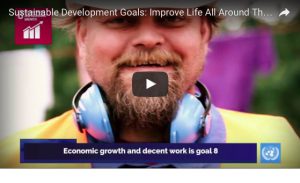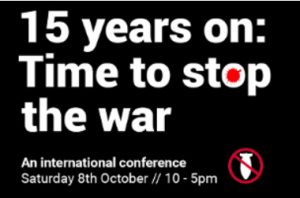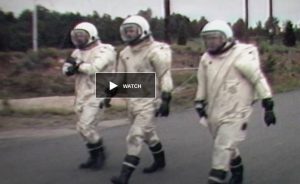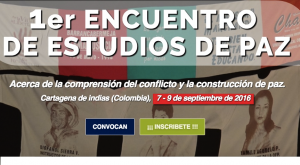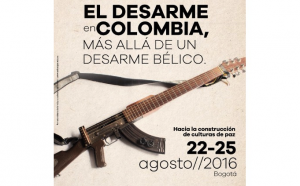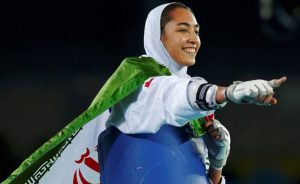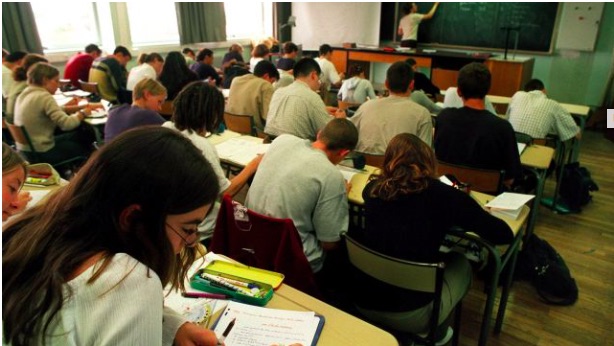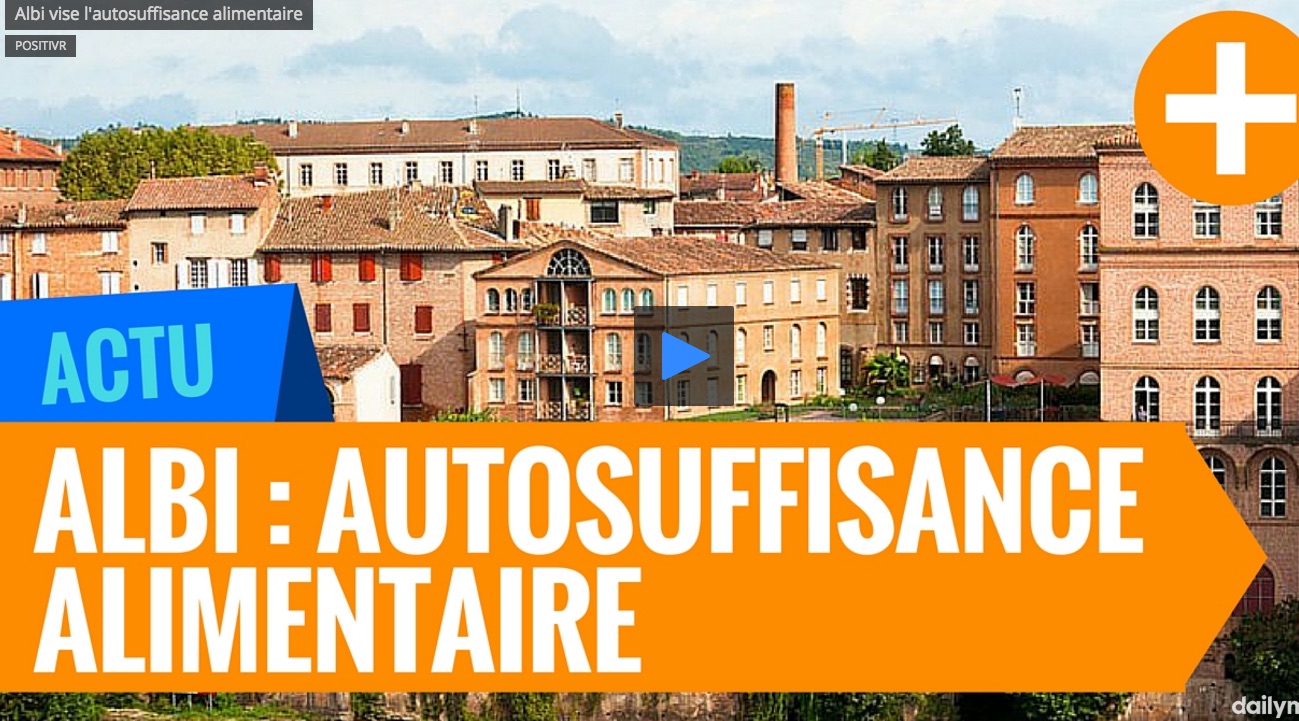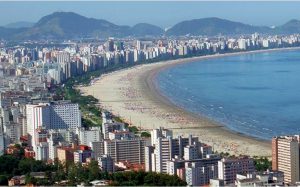FREE FLOW OF INFORMATION
by Sergio Aguayo (translated by CPNN)
Who is winning and who is losing in the narco wars? How can we achieve a convergence of state and society around a common project for the construction of peace?
Between 20 and 22 June, Mexican and foreign academics, social leaders, victims, officials and senators discussed the situation of violence and peace in ten states of the Republic. The event, coordinated by Froylán Enciso for Violence and Peace Seminar of the College of Mexico, was sponsored by the National Commission of Human Rights, the Belisario Dominguez Institute of the Senate of the Republic and the Deputy Human Rights of the PGR (program: violenciaypaz.colmex.mx/).
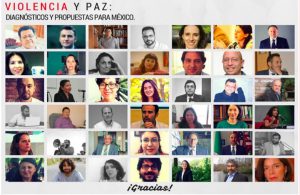
Click on image to enlarge
A paradox. The State is winning the war, but organized crime is flourishing and the society is paying the bills. Federal forces are breaking up the drug cartels and imprisoning or killing the big capos but the violence does not end; it is reduced here to return there and then return to place of origin. In this situation the thirst for wealth and power of the mini-cartels proliferates.
At the meeting the enormity of state spending devoted to preventing violence and regeneration of the social fabric was recognized. There was consensus that the poor results can be attributed to waste, disorganization and lack of continuity. In sum, the State knows how to break up cartels but lacks a strategy to build peace.
Passivity is a myth. Society resists. Even in communities devastated like Tamaulipas [scene of mass murders in recent years] there are victims, civic leaders, academics, religious and social groups documenting the barbarism and bringing hope to the affected population. Citizens and institutions of other countries are interested; the narco wars are internationalized.
(Article continued in right column)
Is there progress towards a culture of peace in Mexico?
(Article continued from left column)
Resistance is weakened by atomization and isolation; centralism continues to weigh heavily, as well as isolation because of geographical distances. Hence, Mexico City has been little affected by criminal violence; it evades the violence plaguing other portions of the territory. Another problem is the differences between academics and activists; this came up in our private conversations, reflecting the lack of a common culture of peace.
The rocky and complicated issue was, is, and will be the relationship between the state and organized society. The evidence confirms that a formula for success requires the collaboration between State and society. In Mexico the obstacles are enormous because the officials who have hierarchy and budgets look askance at academics while activists are too independent and wary of officials.
There was concern about the third day of activities organized by the Institute Belisario Dominguez in the Senate. On this day, ten social leaders (some of them victims) were accompanied by students (most from El Colegio de Mexico) who helped systematize their experiences for presentation to the senators willing to listen to the testimony. Criticisms were restrained and responses were measured. They could not arrive a concrete agreements because it takes much more to demolish the walls that separate society and state. It’s a long road we must travel to generate empathy.
The seminar illuminated the challenges posed by narco wars: 1) we need to improve our understanding of the dynamics of criminal violence and social resistance; 2) we must reduce barriers to communication and collaboration between academics and activists; 3) it is urgent to better incorporate international solidarity and 4) is essential to ensure that the State give priority to public safety in its war strategy. It is a mistake to fragment the drug cartels and forget the victims.
The most promising route is the development of a culture of peace acceptable to victims, activists, academics and officials. In the case of Mexican the initiative needs to come from organized society and in particular universities. At the present time, these are the spaces for a natural and logical convergence between different sectors of the society. To fail in this effort can only open the door to the futher increase of organized crime.
(Thank you to Roberto Mercadillo for sending this to CPNN)
